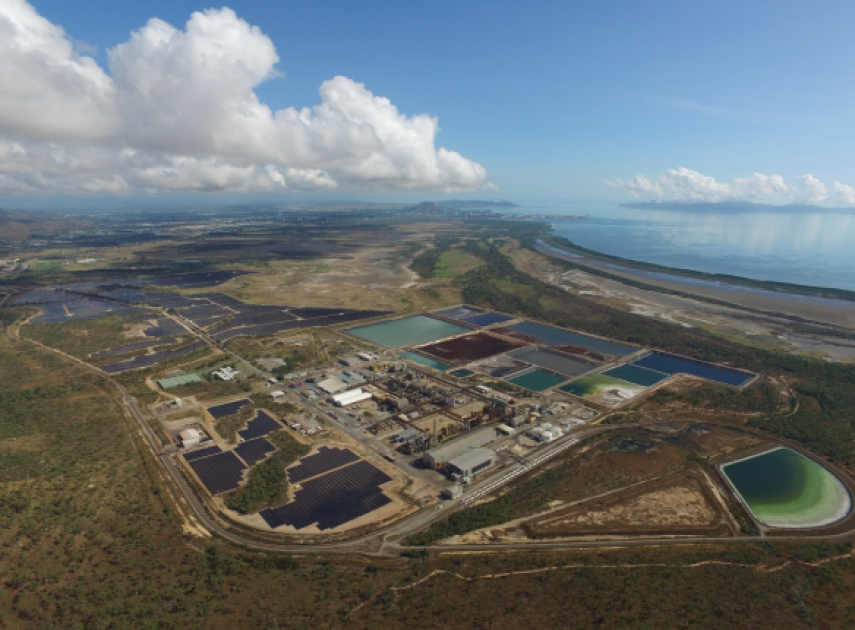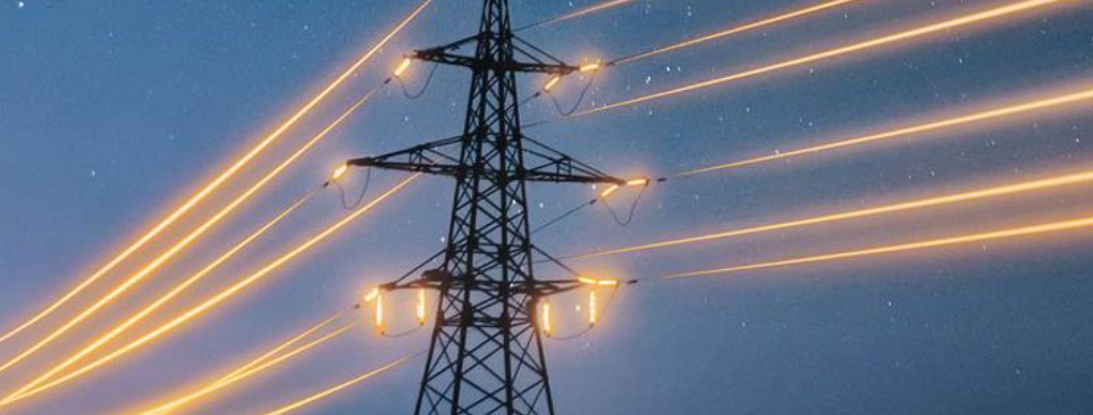Sun Metals, whose zinc refinery is the second largest single-site energy consumer in Queensland, has pledged to power its entire operations with 100% renewable electricity by 2040, with an interim target of 80% by 2030.
“We’re proud to join RE100,” said Sun Metals CEO, Kiwon Park in a statement upon signing up to the ranks of the clean-energy committed.
RE100 is a global initiative with the mission to “accelerate change towards zero-carbon grids at scale”, by helping companies that are influential in their industries and in the business community to find a path to 100% renewable power.
Other recent sign-ups include Interactive, Australia’s largest privately owned IT company which committed to be powered 100% renewables by 2025, Mirvac and ANZ.
“We would encourage all major smelters and refineries in Australia to consider joining RE100,” Park said, citing savings on operating costs and “a cleaner future for Australia’s industry and environment”, as the company’s primary motivations
No stranger to solar
A wholly owned subsidiary of Korea Zinc Company, Sun Metals already has serious solar cred for having developed its own 125 MW solar farm, which became operational in 2018, to lower the cost of running its refinery which was then on the verge of expansion.
Today Sun Metals Solar Farm generates 22% of the refinery’s electricity and the company is considering buying wind assets in Queensland that could increase that renewable component to almost 90% of its energy needs; it envisages the balance of its requirements could then be made up by deploying batteries, plugging into biogas and deploying its own hydrogen.
In June this year, the company secured a $5 million grant from the Queensland Government’s $15 million Hydrogen Industry Development Fund, to help fund North Queensland’s first renewable hydrogen development plant at its site south of Townsville
Park heralded then that the Sun Metals hydrogen project was part of the company’s long-term plans for integration of renewable generation into its energy-intensive operations.
He said at the time, “This first phase of our hydrogen project will be the beginning of developing a substantial renewables hydrogen industry in Townsville that we hope will create export opportunities.”
Not all smooth sailing in sun-soaked paradise
Even a company as adept at bringing renewables to bear as Sun Metals has suffered from the National Electricity Market’s system strength issues. This year its solar farm, which was designed to supply 30% of the refinery’s needs and also export energy to the grid, has been plagued by North Queensland’s emerging system strength challenges, and also by unspecified equipment performance issues.
In March, the Australian Energy Market Operator notified Haughton and Sun Metals solar farms and the Mt Emerald Wind Farm that they could all face major constraints and even have their output reduced to zero under certain conditions.
Over the course of this Covid year, Powerlink Queensland, the state’s transmission provider has, with the help of funding from the Australian Renewable Energy Agency, conducted a study into how it could resolve the system strength issues, and enable more renewable generators to connect to the grid.
Supporting renewable-energy ambitions
The result is that Powerlink Queensland will become the first transmission provider in Australia to provide system strength as a service, in this case to the Far North Queensland region, by installing a large synchronous condenser to compensate for fluctuations in supply of renewables and demand from consumers.
Without such a shared resource, new solar generators trying to achieve grid connection in the worst affected parts of the NEM — North Queensland and the now infamous West Murray Region of southern NSW and north-western Victoria — have sometimes been required to install their own synchons, resulting in project cost blowouts and delays to completion.
In early October, Powerlink commissioned renewable energy giant Neoen to install a grid-scale synchronous condenser as part of its new 157 MW Kaban Green Power Hub, to provide the stabilising service.
Powerlink Chief Executive, Paul Simshauser said on signing the deal that, “Far North Queensland has some of the best renewable resources in Australia. By providing new system strength support, Powerlink is laying the foundation for potentially hundreds of additional megawatts of clean energy in the state’s north.”
Stepping up to RE100
Sun Metals’ development of solar to power its refinery was prescient, and its move to incorporate hydrogen production in its operations will likely also help smooth the curve of solar output from its solar farm.
It may have been in Sun Metals’ DNA that it would enter the RE100 constellation of future-focused, clean-energy powered organisations — in upping its renewable ante, it’s taking its place among “a group of businesses that are creating real and measurable change,” says RE100 Australian Coordinator, Jon Dee.
The social entrepreneur notes that collectively the worldwide organisation’s members are now using more electricity than the whole of Australia; therefore, he argues, “If RE100’s member companies can go 100% renewable, there’s no reason why Australia can’t do the same.” He urges Australia’s corporate and industrial sector’s to take the RE100 challenge and help bring about that groundswell.
Meanwhile, Park says, “based on our development pipeline, we will easily achieve 100% renewable by 2040”.
This content is protected by copyright and may not be reused. If you want to cooperate with us and would like to reuse some of our content, please contact: editors@pv-magazine.com.









1 comment
By submitting this form you agree to pv magazine using your data for the purposes of publishing your comment.
Your personal data will only be disclosed or otherwise transmitted to third parties for the purposes of spam filtering or if this is necessary for technical maintenance of the website. Any other transfer to third parties will not take place unless this is justified on the basis of applicable data protection regulations or if pv magazine is legally obliged to do so.
You may revoke this consent at any time with effect for the future, in which case your personal data will be deleted immediately. Otherwise, your data will be deleted if pv magazine has processed your request or the purpose of data storage is fulfilled.
Further information on data privacy can be found in our Data Protection Policy.